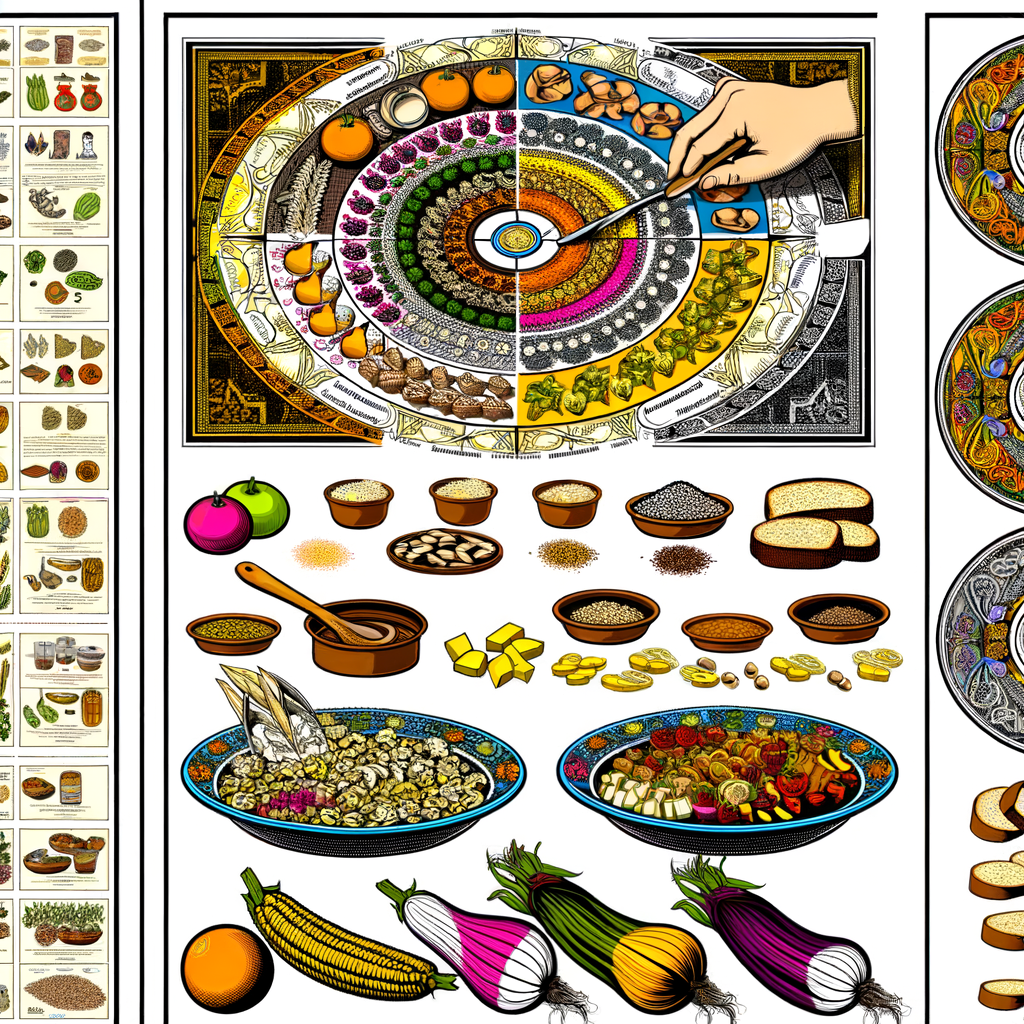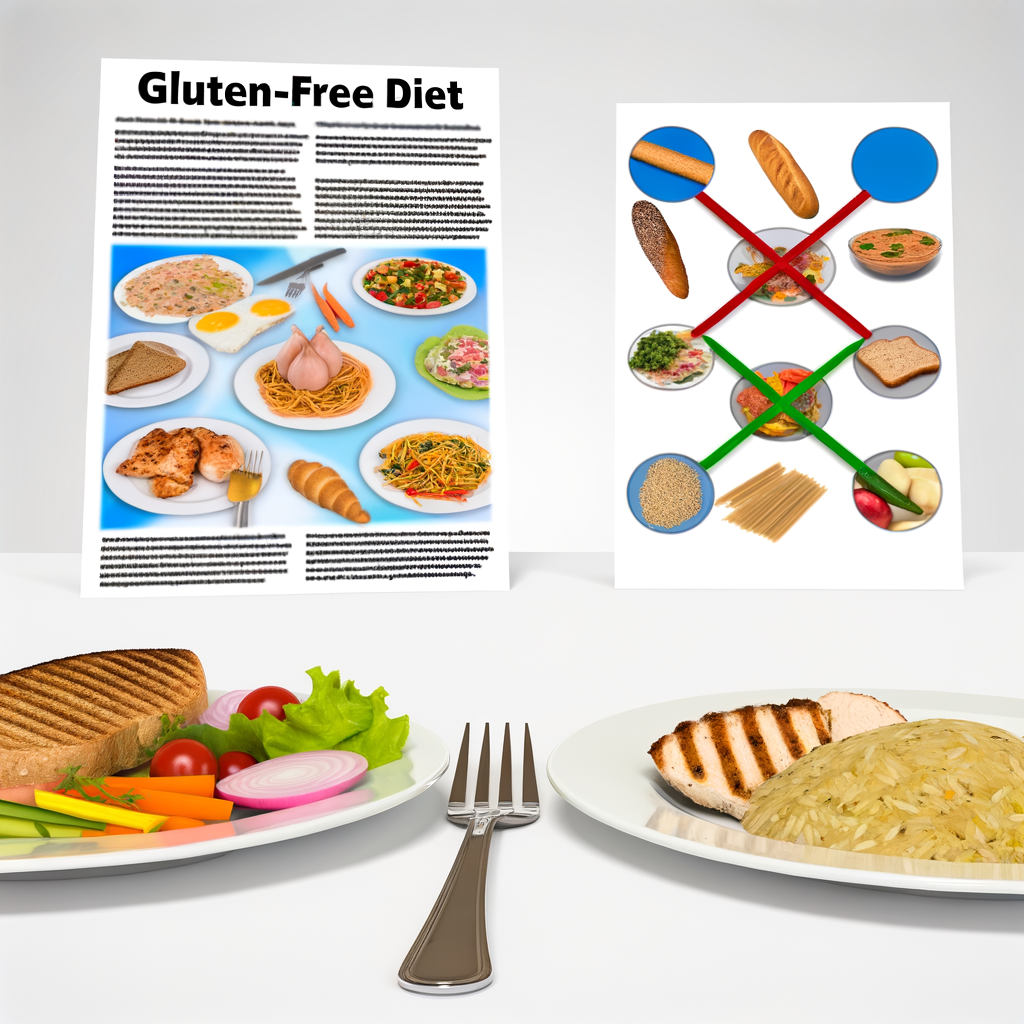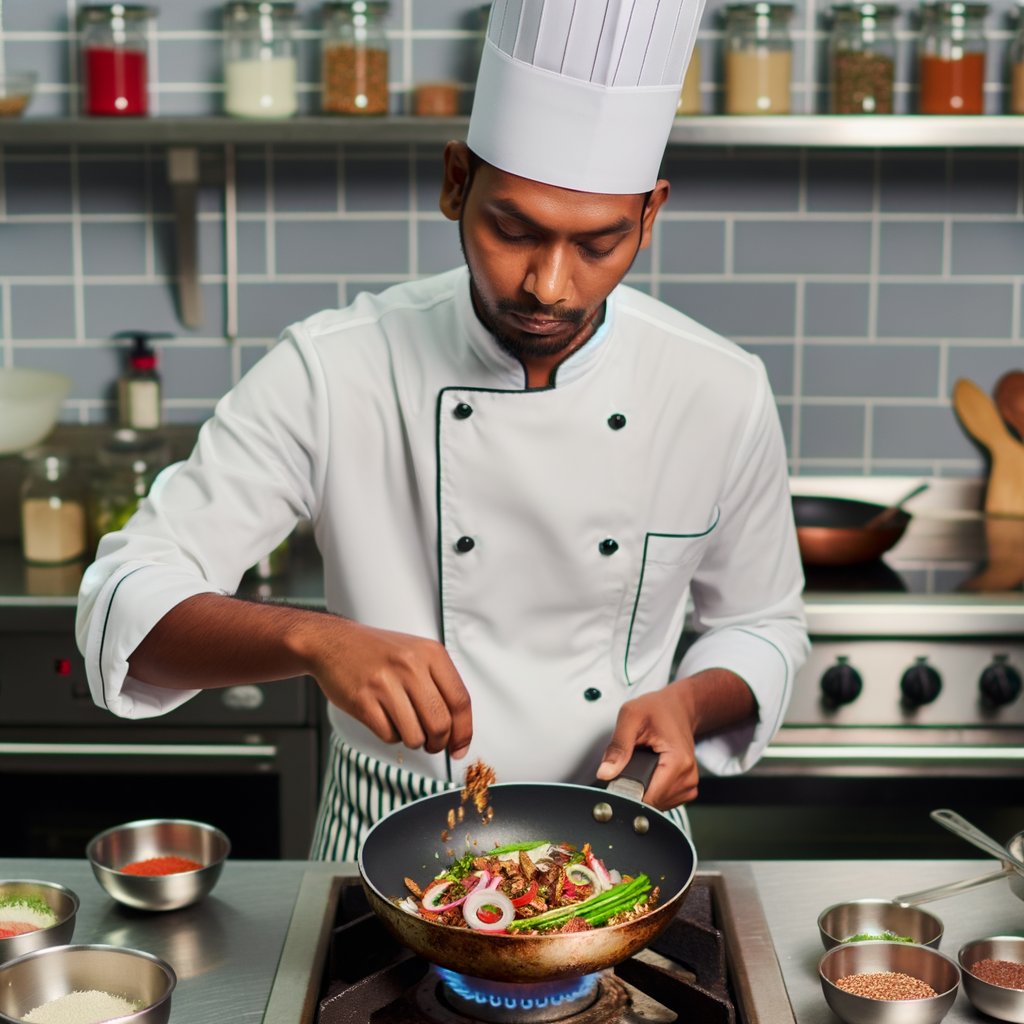As an expert chef, I have seen a growing trend in Europe towards gluten-free diets. Gluten is a protein found in wheat, barley and rye, and it can cause digestive issues for some individuals. More and more people are choosing to cut gluten out of their diets, whether it be due to celiac disease, gluten intolerance or just a personal preference. But what does this mean for European cuisine?
Traditionally, European cuisine heavily relies on wheat and grains, making it challenging to cater to those with gluten-free preferences. However, with the rise of gluten-free options, chefs are getting creative with their dishes and finding ways to incorporate alternative grains and flours. This not only caters to those with dietary restrictions, but also adds a new dimension to traditional dishes.
As an advocate for British food culture, I am pleased to see the variety and vibrancy that gluten-free options bring to our cuisine. It is important to embrace diversity and cater to all dietary needs, and I believe that gluten-free options have enhanced the culinary landscape in Europe.
But it’s not just about the food itself. It’s also about educating future generations about dietary preferences and the importance of catering to them. As a chef, I am committed to passing on the knowledge and techniques of incorporating gluten-free options in cooking, so that our food culture continues to evolve and adapt to the needs of our society.
In conclusion, gluten-free diets are here to stay and it’s time for European cuisine to embrace it. As an expert chef, I encourage my fellow chefs to get creative and explore the endless possibilities of gluten-free cooking. Let’s continue to celebrate the diversity of our food culture and cater to all dietary preferences.





